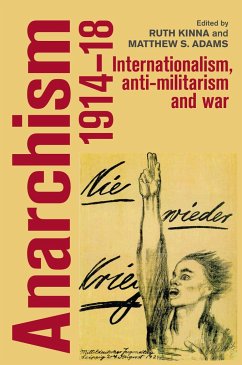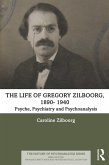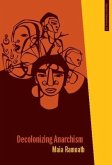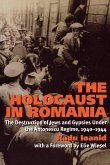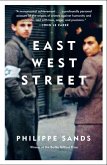Anarchism, 1914-18 provides the first systematic analysis of anarchist responses to the First World War. Examining the interventionist debate between Peter Kropotkin and Errico Malatesta which split the anarchist movement in 1914, it gives a fresh historical and conceptual account of debates conducted in European and America movements about class, nationalism, internationalism, militarism, pacifism and cultural resistance. The collection discusses the justness of war, non-violence and pacifism, anti-colonialism and nationalism, pro-feminist perspectives on violence and the potency of the myths about the war for the reframing of radical politics in the 1920s and beyond. Notwithstanding the social, cultural and geo-political changes that the war hastened, promoting forms of socialism that marginalized anarchist ideas, the essays in this volume show how the bitter divisions about the war and the experience of being caught on the wrong side of the Bolshevik Revolution encouraged anarchists to reaffirm their deeply-held rejection of vanguard socialism and develop new strategies that drew on a plethora of anti-war activities. The implications of this re-framing were not fully felt until 1968 when the student movement dubbed Soviet communism obsolete and gave expression to a creative new left politics defined by civil disobedience and passive resistance, anti-racism, feminism, civil rights and personal liberation. Far from confirming anarchism's apparent obsolescence, these currents of ideas were first contested and crystallised in anarchist milieus during the war. This book will be of interest to historians of socialist thought, and readers interested in anti-militarist politics and First World War studies.
Hinweis: Dieser Artikel kann nur an eine deutsche Lieferadresse ausgeliefert werden.
Hinweis: Dieser Artikel kann nur an eine deutsche Lieferadresse ausgeliefert werden.

